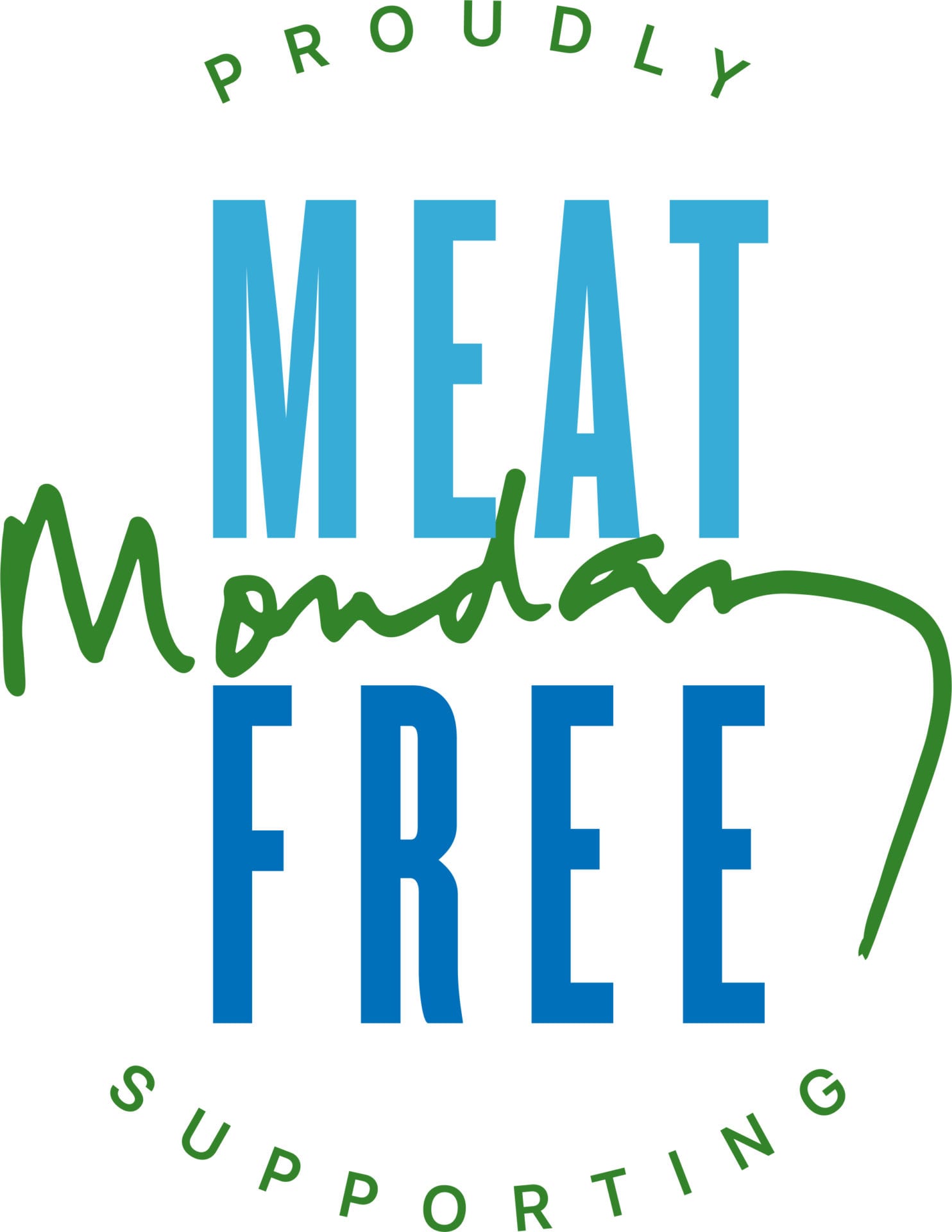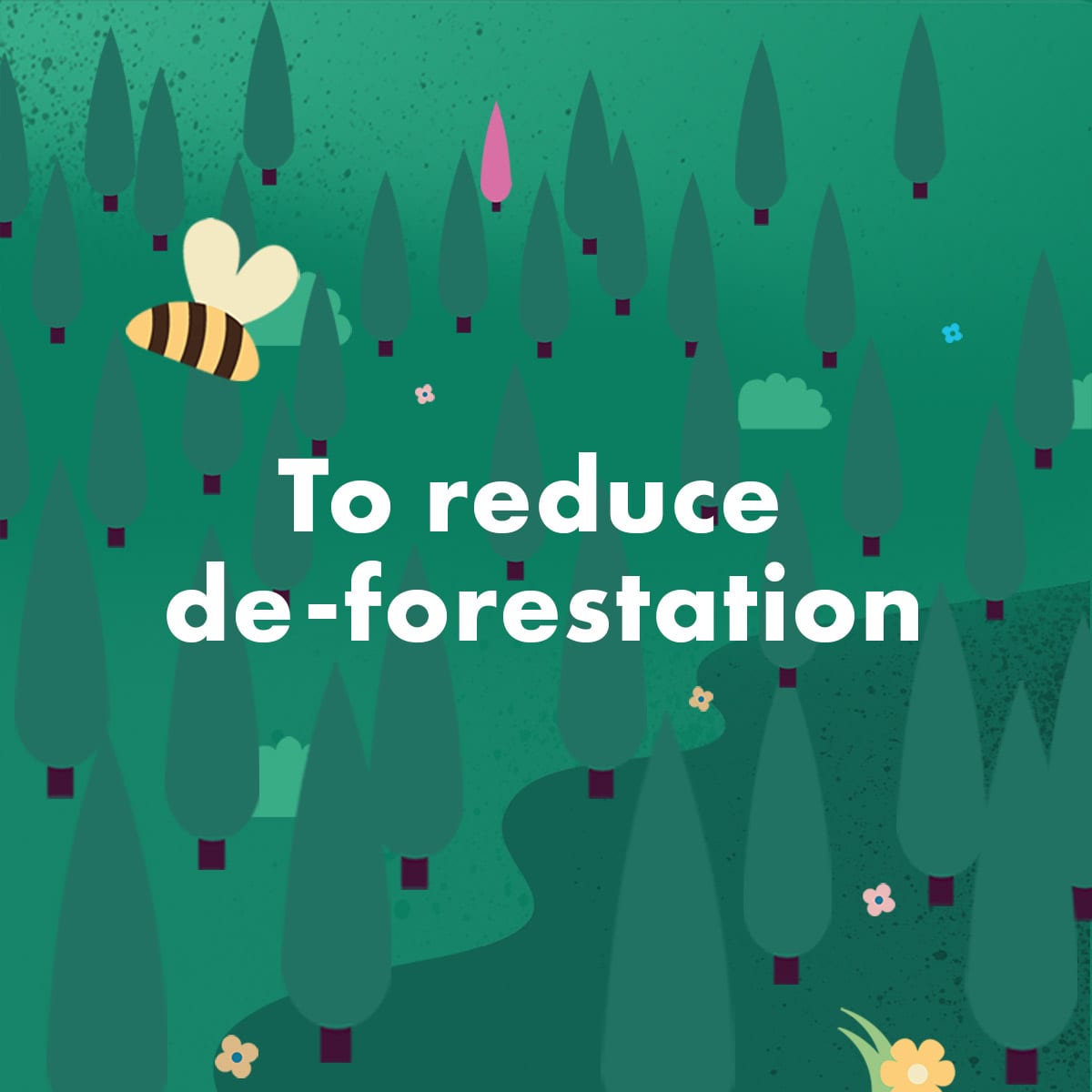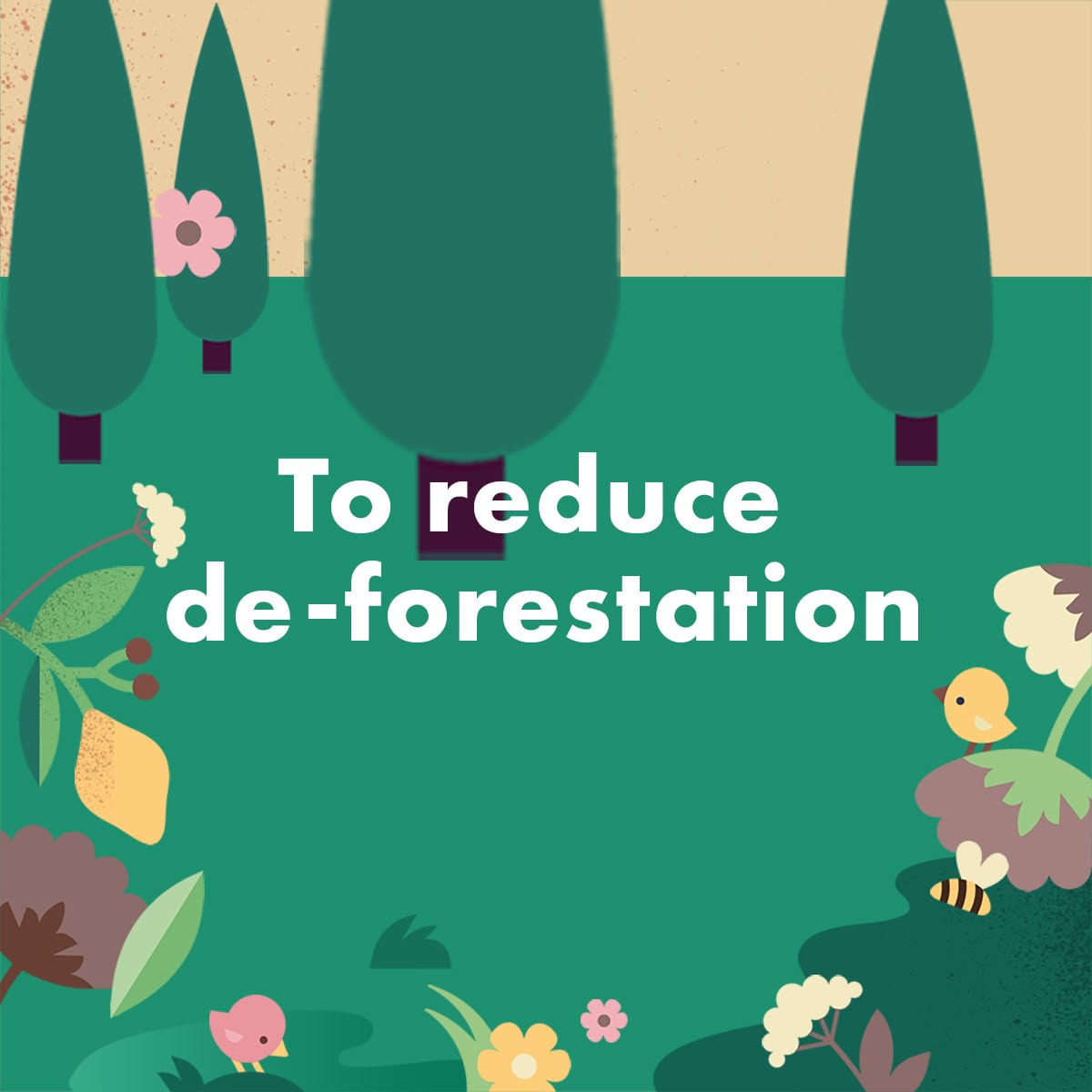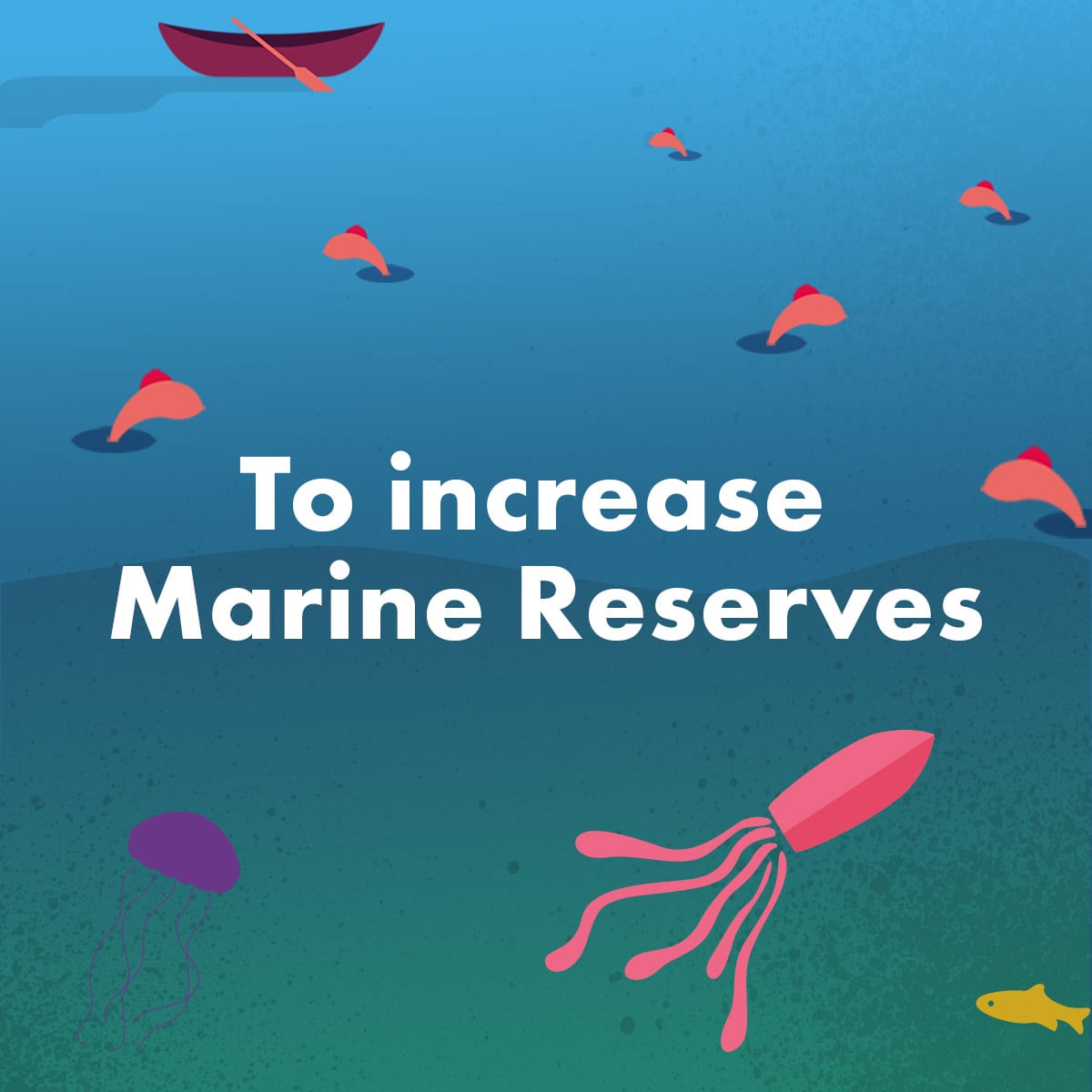Superstar!
Let's take a look at how you could impact the planet with your fantastic contribution! Data from The Darwin Challenge
Scroll down to explore
bathtubs of water saved
Animal agriculture uses up a lot of water. The average meat eater requires 16 Olympic swimming pools of water to produce the meat that they will eat in their life.
fish still splashing
The average meat eater eats 30,000 aquatic animals (fish, crustaceans, shellfish, etc.) in their lives which evens out at roughly one per day.
m2 marine reserve created
By not eating fish or seafood, global demand is reduced and marine and freshwater species are saved. You effectively create an 11.7m2 marine reserve every meat free day you have!
tennis courts of forests saved
We are destroying the world’s lungs and global oxygen levels are dropping. Every meat free day you have slightly reduces global demand for habitat destruction, thereby saving land.
days of extra lifespan
Compared to someone who eats 100g of processed red meat per day, someone who does not eat any processed red meat could extend their life by 46.15 minutes per meat free day.
miles of greenhouse gases avoided
Animal agriculture results in vast amounts of greenhouse gases being released into the atmosphere. By having one meat free day per week for a year, you save the equivalent amount of greenhouse gases as driving from London to Edinburgh.
chickens able to cross the road
You save a chicken for roughly every 15 days you don’t eat meat. By skipping eggs in addition, you save even more chickens because in egg production systems the male chicks, unable to lay eggs, have no economic value and are killed.
cattle still mooing
The average number of cattle eaten per person in their lifetime is four. You can save even more animals by choosing plant-based alternatives to dairy, as tens of millions of dairy calves are slaughtered for veal or cheap beef globally each year.
hungry people fed
Animal agriculture uses about a quarter of the world's grain. This pushes up prices and makes it harder for the very poorest people to feed themselves. By having meat free days, you help lower global grain prices which helps people lift themselves out of chronic malnutrition.







